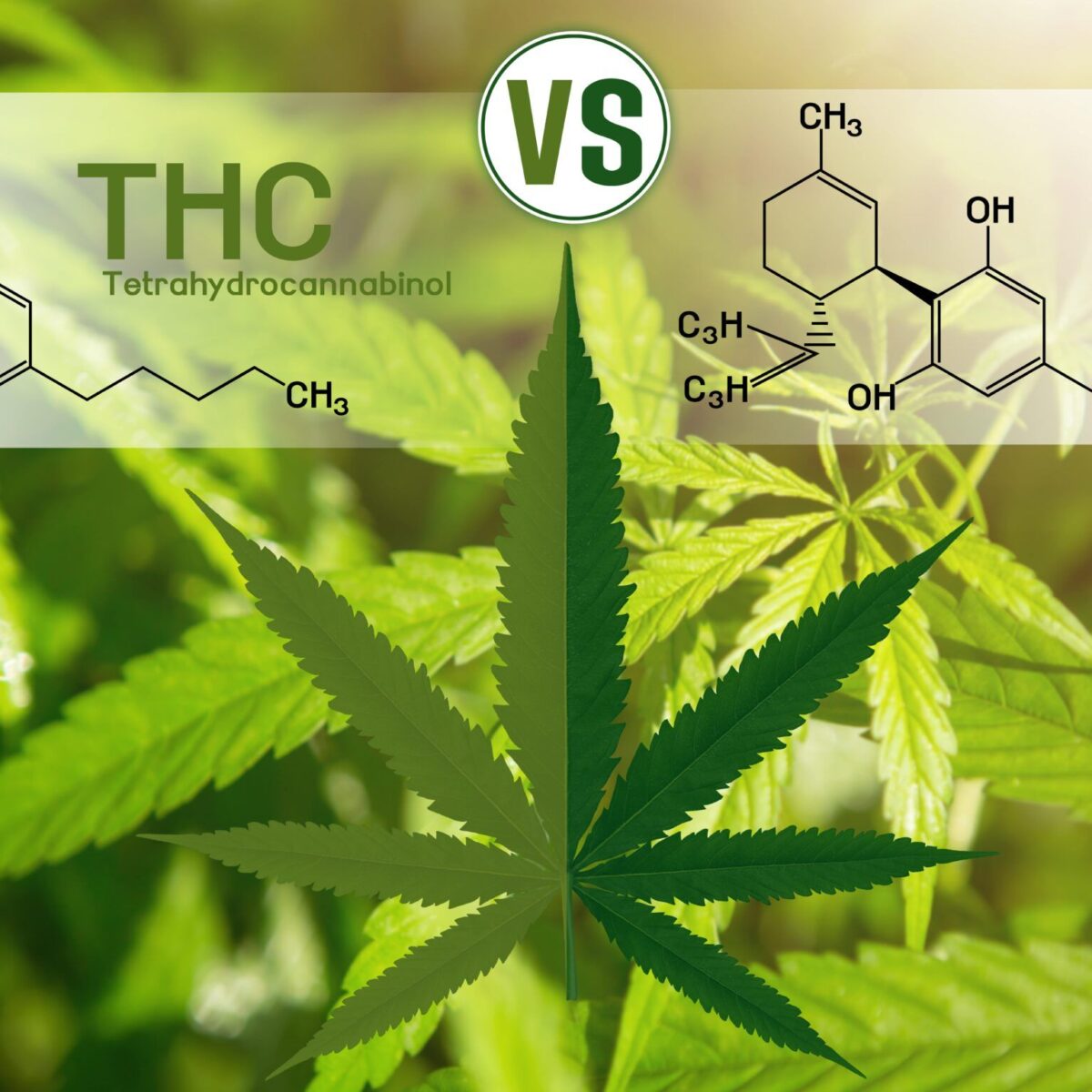Introduction
Understanding THC (tetrahydrocannabinol) and CBD (cannabidiol) is crucial in navigating the world of cannabis and its derivatives. Both compounds have gained significant attention for their potential health benefits and therapeutic properties. Let’s delve into the intricacies of THC and CBD and why it’s essential to grasp their differences and applications.
What is THC and CBD?
THC and CBD are two of the most well-known cannabinoids found in the cannabis plant. While they share a common origin, their effects and mechanisms of action differ significantly.
Importance of Understanding THC and CBD
In a rapidly evolving landscape of cannabis legalization and medicinal use, having a comprehensive understanding of THC and CBD is essential. It empowers individuals to make informed decisions regarding their health and well-being.
Differentiating between THC and CBD
THC is the psychoactive component of cannabis responsible for the “high” sensation commonly associated with marijuana use. On the other hand, CBD is non-intoxicating and does not produce euphoric effects.
Health Benefits of THC and CBD
Both THC and CBD offer a myriad of potential health benefits. From pain management to alleviating symptoms of anxiety and depression, these cannabinoids have shown promise in various medical applications.
Legality of THC and CBD
The legal status of THC and CBD varies depending on jurisdiction. While THC remains heavily regulated due to its psychoactive properties, CBD derived from hemp is federally legal in many countries.
Potential Side Effects of THC and CBD
While generally well-tolerated, THC and CBD can cause side effects in some individuals. These may include dizziness, dry mouth, and changes in appetite. It’s essential to be aware of these potential effects when using cannabis products.
Benefits of Using THC and CBD
Pain Management
Both THC and CBD have demonstrated analgesic properties, making them potentially effective in managing chronic pain conditions such as arthritis and neuropathy.
Anxiety and Stress Relief
CBD, in particular, has garnered attention for its anxiolytic effects. Many users report feeling calmer and more relaxed after consuming CBD products, making it a popular choice for stress relief.
Sleep Improvement
Individuals struggling with insomnia or sleep disturbances may find relief with THC or CBD. These cannabinoids have shown promise in promoting better sleep quality and reducing the time it takes to fall asleep.
Using THC and CBD Responsibly
Recommended Dosage
Determining the appropriate dosage of THC and CBD depends on various factors, including body weight, metabolism, and tolerance levels. It’s advisable to start with a low dose and gradually increase as needed while monitoring for any adverse effects.
Possible Drug Interactions
THC and CBD may interact with certain medications, potentially affecting their efficacy or side effects. It’s essential to consult with a healthcare professional before combining cannabis products with other drugs.
Risks Associated with Misuse
Misusing THC and CBD can lead to adverse effects, including impaired cognitive function, dependency, and addiction. It’s crucial to use these substances responsibly and in moderation.
FAQs About THC and CBD
Q. Are THC and CBD the same?
No, THC and CBD are distinct cannabinoids with different effects and properties.
Q. Can THC and CBD get you high?
THC is psychoactive and can produce a euphoric “high,” while CBD is non-intoxicating.
Q. Is it legal to use THC and CBD?
The legality of THC and CBD varies by jurisdiction, with CBD derived from hemp being federally legal in many places.
Q. Are there any risks associated with using THC and CBD?
While generally safe, THC and CBD can cause side effects and may interact with certain medications.
Q. How do you determine the right dosage of THC and CBD?
Dosage recommendations for THC and CBD depend on individual factors such as body weight, tolerance, and the desired effects.
Q. Can THC and CBD interact with other medications?
Yes, THC and CBD may interact with certain drugs, so it’s essential to consult with a healthcare professional before combining them.
Conclusion
In conclusion, understanding THC and CBD is paramount for anyone considering their use for medicinal or recreational purposes. By grasping the differences between these cannabinoids, their potential benefits, and associated risks, individuals can make informed decisions and maximize the therapeutic potential of cannabis products.

